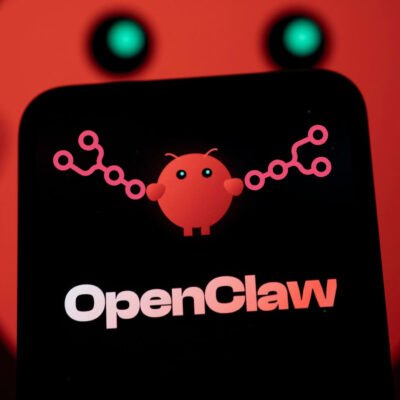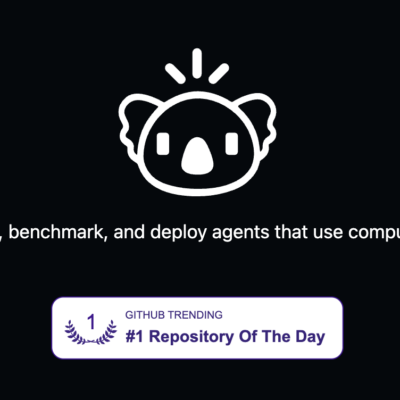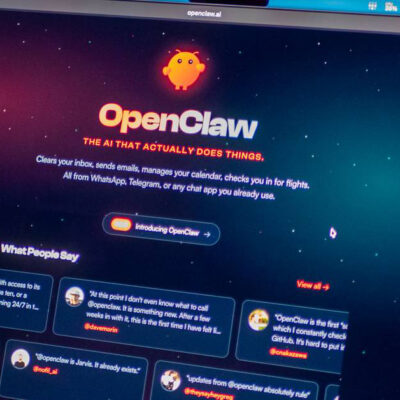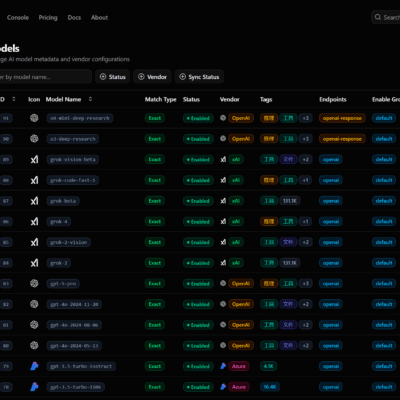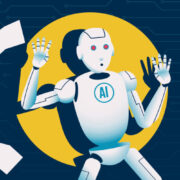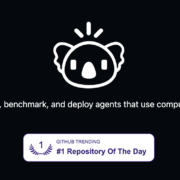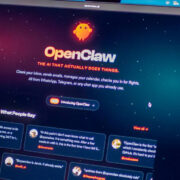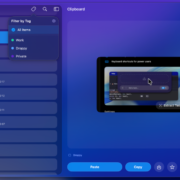Artificial Intelligence (AI) is the driving force for many industries, and one such sector is higher education. AI will make learning easier, help teachers, and improve schools’ running. The article will highlight the impact of AI in colleges and universities today. We will explore enhanced learning experiences, efficient administration, personalized support, improved accessibility, and data-driven decision-making.
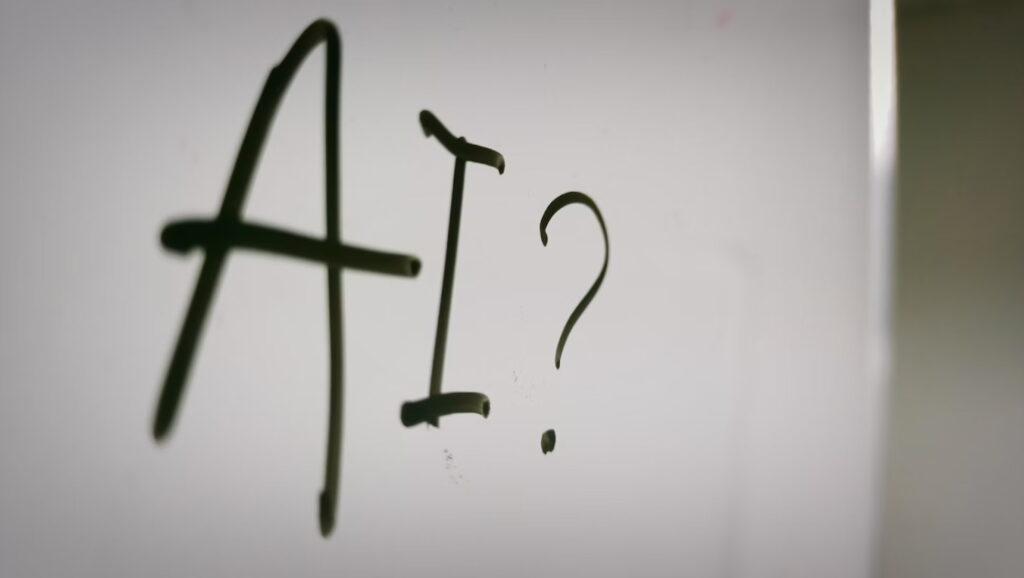
Enhanced Learning Experiences
AI is enhancing learning among students. Some important developments include intelligent tutoring systems. The systems utilize AI to offer individualized help to learners. For example, facilitators of the courses on the platforms Coursera and edX track pupils’ performances. They escalate or reduce the difficulty of one’s performance. Thus, students learn at their own pace. They receive assistance with areas where they face problems before proceeding to more advanced levels.
Apart from the AI tool, some services also help enhance students’ writing skills. One helping hand in this regard comes from services operating at https://www.customwritings.com/ghostwriting.html. They will provide high-quality content and samples of well-written papers so that disciples understand how they should write. For good structure, proper formatting, and even for conducting strong arguments, students can learn from them. In such a manner, the support provided contributes to more ease in learning and efficiency within the process.
AI is also capable of processing large volumes of data about students’ performance. Such information allows teachers to track which teaching methodology works best. For instance, if pupils struggle with a particular topic, teachers may revisit that lesson. They can give them extra support or explain the concept differently. This way, education will be interesting for all.
Administrative Efficiency
AI will make the management of higher education more effective and efficient. From admission to grading, colleges and universities handle many processes. AI can automate many tasks to lighten the work of personnel. In return, this would free their schedule for more important issues that need human attention.
A major development in the educational sector is chatbots. Most universities today employ the services of AI-driven chatbots, which essentially help answer a host of frequently asked questions by students. They receive instant responses to their queries regarding course schedules, tuition fees, campus events, etc. This speedy service enhances the student experience and reduces queues for support.
AI tools also make a difference at the time of admission. Going through applications, AI can tell which applicant is likely to succeed in a particular program that he or she applied for. It helps universities identify promising applicants more quickly and reduces the time taken in the admission process. The admission process is speedier and more efficient.
Besides, AI can facilitate the management of pupil records. It automates data entry and analysis, minimizing the possibility of human errors. In this regard, students will be offered accurate and timely information about their academic performance. For example, some AI systems update disciples’ records whenever they complete their courses. This kind of efficiency enables universities to support their students better.
Personalized Support for Students
AI is providing personalized support for students in many ways. AI can respond to the challenges provided with appropriate resources corresponding to individual needs. AI-driven platforms can monitor student engagement in real-time. When a student falls behind, the system can automatically trigger alerts that send notifications to instructors or academic advisors, thus allowing timely intervention. Instructors could provide whatever support is needed long before pupils have significant difficulties. Early identification of at-risk students can also help the university apply selective strategies to put them back on course.
Other fields where AI is making a difference are those that support mental health. With increased awareness of mental health issues, higher educational institutions are turning to AI applications for various forms of support for their learners. AI-driven applications may provide resources and coping strategies, and they might also connect students with counseling services when needed. This proactive approach creates a healthier campus environment.
Improving Accessibility
AI makes higher education more accessible to students of all types. So many students have barriers to learning, which AI eliminates. In developing accessible tools, it creates an inclusive educational environment.
For example, text-to-speech tools can read written materials out loud. This is really beneficial for visually handicapped pupils because they would only need to listen to course materials rather than trying to read them. In this way, accessibility lets all individuals fully participate in their education.
AI could also be used to translate languages. This feature is crucial in cases involving international undergraduates who do not possess fluency in the major language of instruction. Such AI translation tools will enable them to understand course materials better. They can, therefore, contribute more to class discussions. AI breaks barriers and thus makes the educational environment even more global.
Data-Driven Decision-Making
AI stands for decisions pertaining to higher education on empirical data. Normally, higher educational institutions collect a heap of raw information on students’ performance, enrollment trends, and the effectiveness of courses. AI can interpret these trends and patterns for insight.
Data analytics may reveal which classes help students realize academic goals. In this respect, universities can work more effectively with regard to their resources. They can lay investments in programs that return the best outcomes. Through the application of AI to data analysis, institutions can continuously improve their offerings.
AI can also help forecast enrollment trends. By analyzing all the historical data, an institution can predict which programs will most likely be in demand. That would answer many questions about class offerings and staffing needs that universities can manage. By foreseeing these trends, institutions can remain competitive in the rapidly changing educational landscape.
Challenges and Ethical Considerations
While AI presents various advantages, it also introduces some challenges and other ethical issues. One of the major issues is personal data protection. Higher education institutions have a database of personal information concerning their students. It needs to be properly secured. Every institution should verify that the AI system protects personal data in accordance with the prevailing privacy regulations. The personal data of students should not be compromised in cases of breaches and misapplications.
Another consequence is that AI algorithms have the potential to be biased. If the data input to train these systems is biased, it can lead to unfair outcomes. It calls for close monitoring by universities of AI systems to ensure fairness and equity. This will entail auditing the algorithms for biases and relatively making adjustments where needed.
The other concern is that the use of AI undermines the human touch in education. Though AI can be developed with capabilities to enhance support for different functions, there’s much it cannot replace: emotional care and mentorship provided by educators. Institutions have to balance meaningful human interaction with the use of AI. Education is not just about knowledge transfer; it is also about the relationships and personal development involved.

